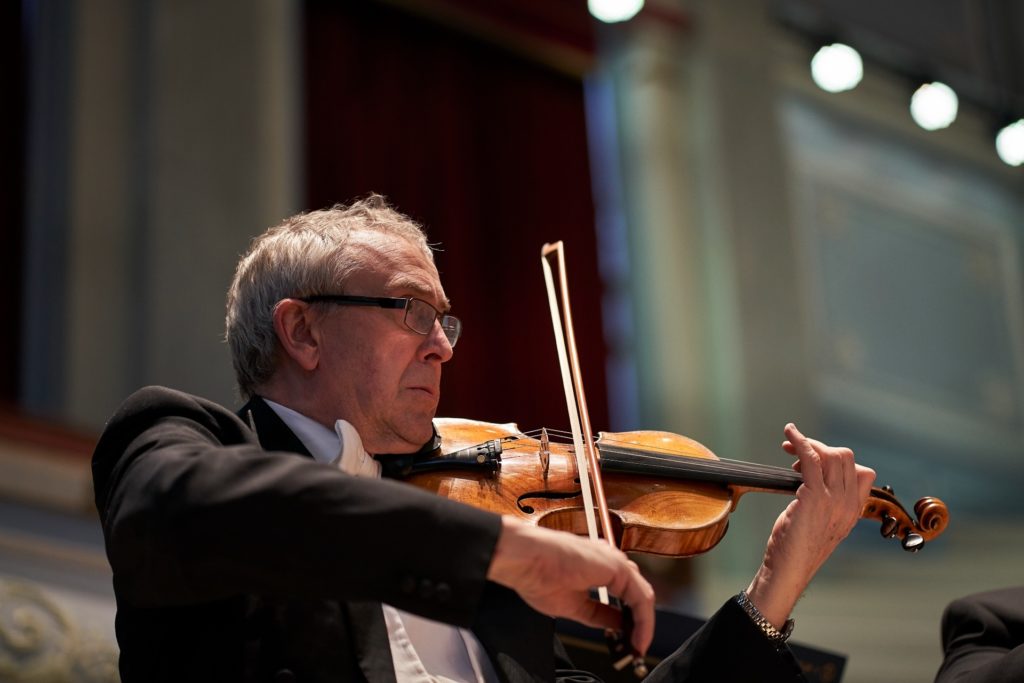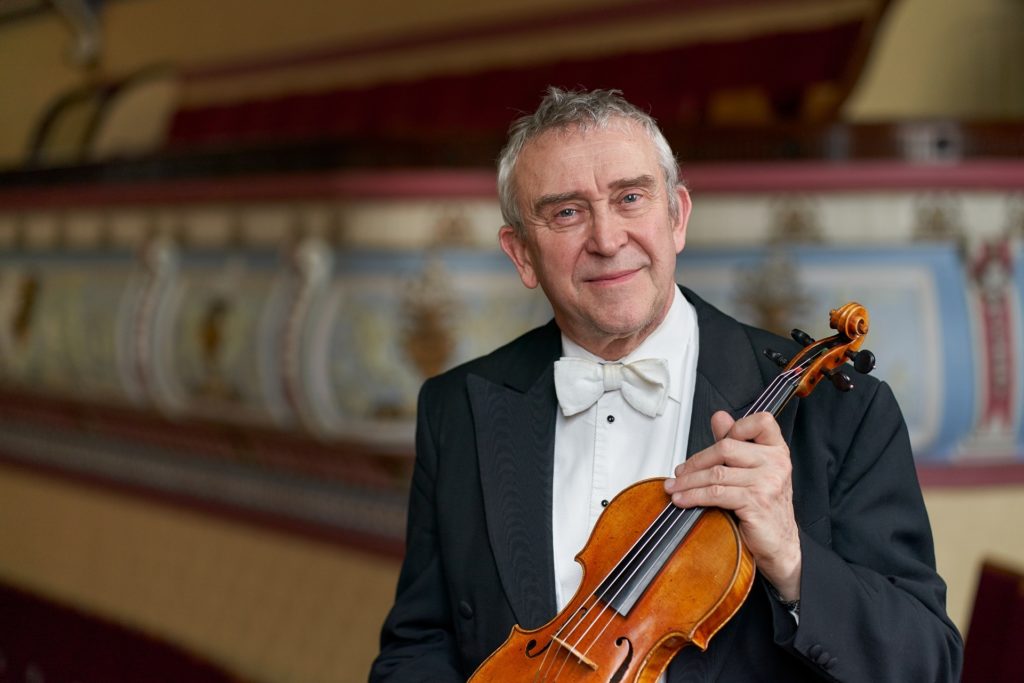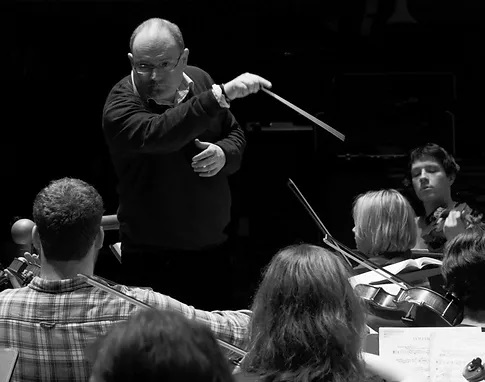
THERE was a distinct start-of-term feeling about this fixture, in which Mendelssohn’s Violin Concerto and Elgar’s First Symphony were preceded by a Dvorak concert overture.
It was refreshing to see several new, youthful faces in the orchestra, which was conducted by its musical director Simon Wright. But the advent of new blood, however welcome, inevitably carries an element of adjustment as compensation is made for retirees and incomers find their feet.
This may help to explain the tentative air about Dvorak’s In Nature’s Realm, where the strings initially lacked focus. But the composer’s orchestration increasingly gained in colour and the work finished confidently.
David Greed retired last summer after a mighty 44 years as leader of the Orchestra of Opera North, but thankfully has resisted reaching for the carpet slippers, continuing to freelance widely. As soloist in Mendelssohn’s Violin Concerto, he made an immediate impression with the sweetness of his upper range.
There was a rallentando into the second theme and an even bigger one before the cadenza, where he really let the music breathe rather than dazzle with mere virtuosity. The slow movement was an intimate affair at first, which made for a bigger contrast when the agitated central section arrived. When the opening returned, Greed was back to sharing quiet confidences with his audience, allowing us to wallow in Mendelssohn’s luscious melody.

The bridge passage into the final rondo was beautifully elongated, keeping us tantalised with expectation. When the Allegro at last arrived it had all the flair and brilliance that the score implies, with Wright maintaining a strongly rhythmic backing to the soloist’s rapid figurations.
The coda was even more dazzling. But Greed was always at the service of the music rather than imposing his personality upon it showily, a refreshing and ultimately satisfying approach.
Elgar’s Symphony No 1 in A flat carries his favourite marking of nobilmente over its motto theme, but apart from the brass here, it was less than noble at first. But there was plenty of vivacity in the Allegro when it came and a nicely contrasting hush with the recall of its opening. What really impressed was the neatly controlled inner detail. Brass provided fire whenever needed.
The scherzo was exciting right from the start, with real precision from the strings and no let-up on the journey into the march-like second theme. Much tender phrasing infused the slow movement, particularly in the outer strings; there was an achingly elegiac feel to its closing pages.
Wright handled the transition into the last movement’s Allegro beautifully, where the main statement was superbly bold. The motto theme emerged more strongly than ever, symbolising the orchestra’s gradual resurgence throughout the evening. Things are shaping up nicely, not only for this season but well beyond.
Review by Martin Dreyer

